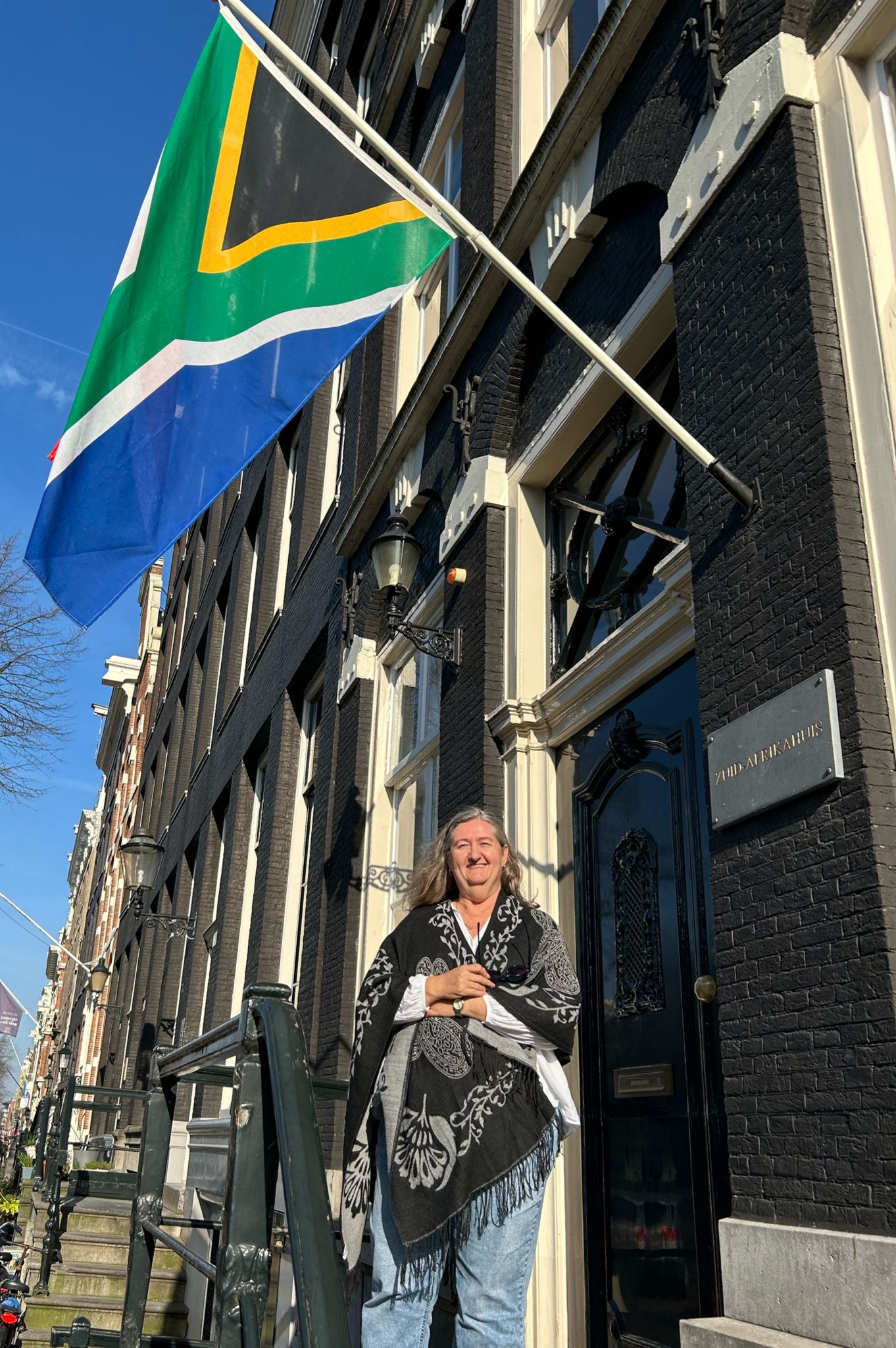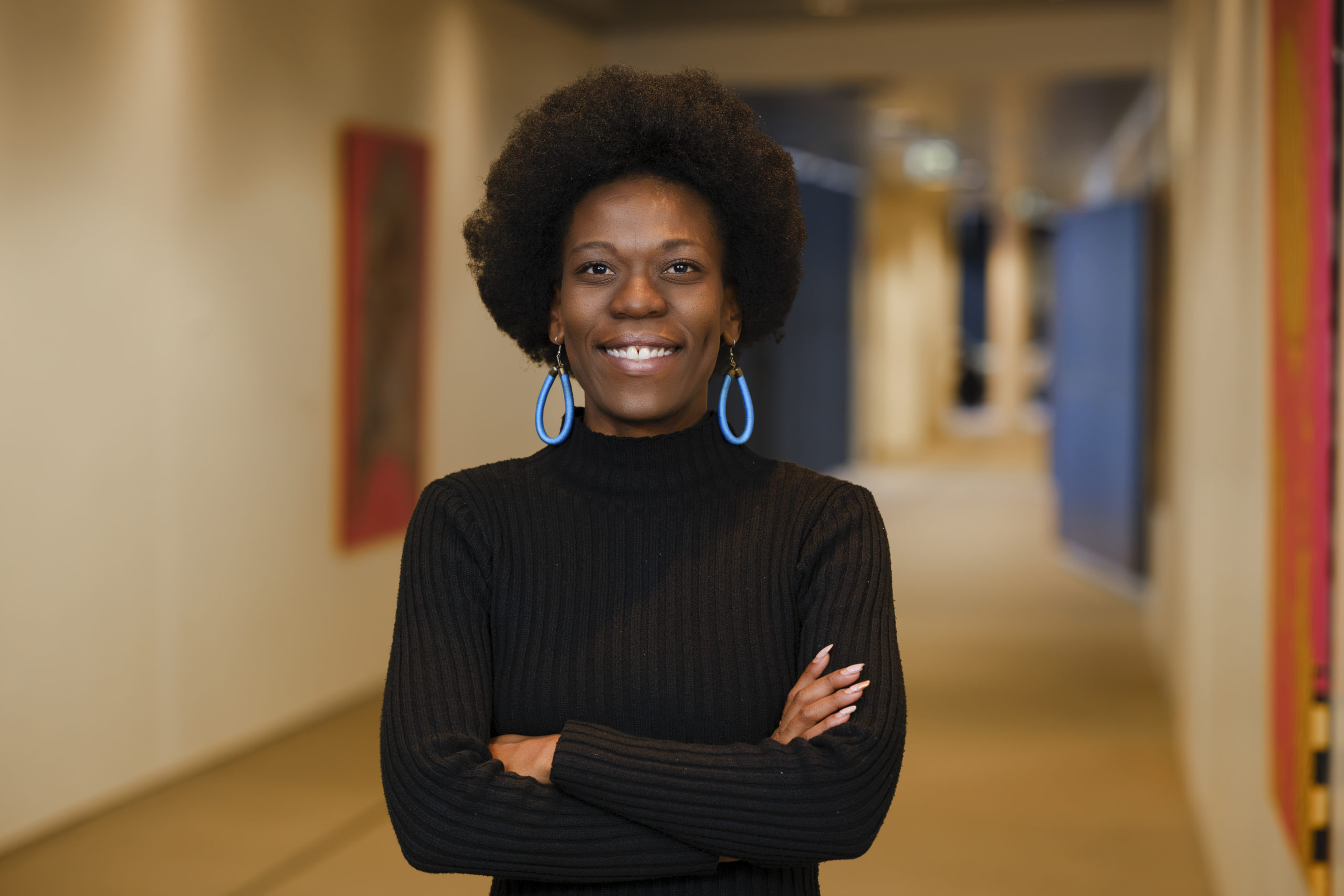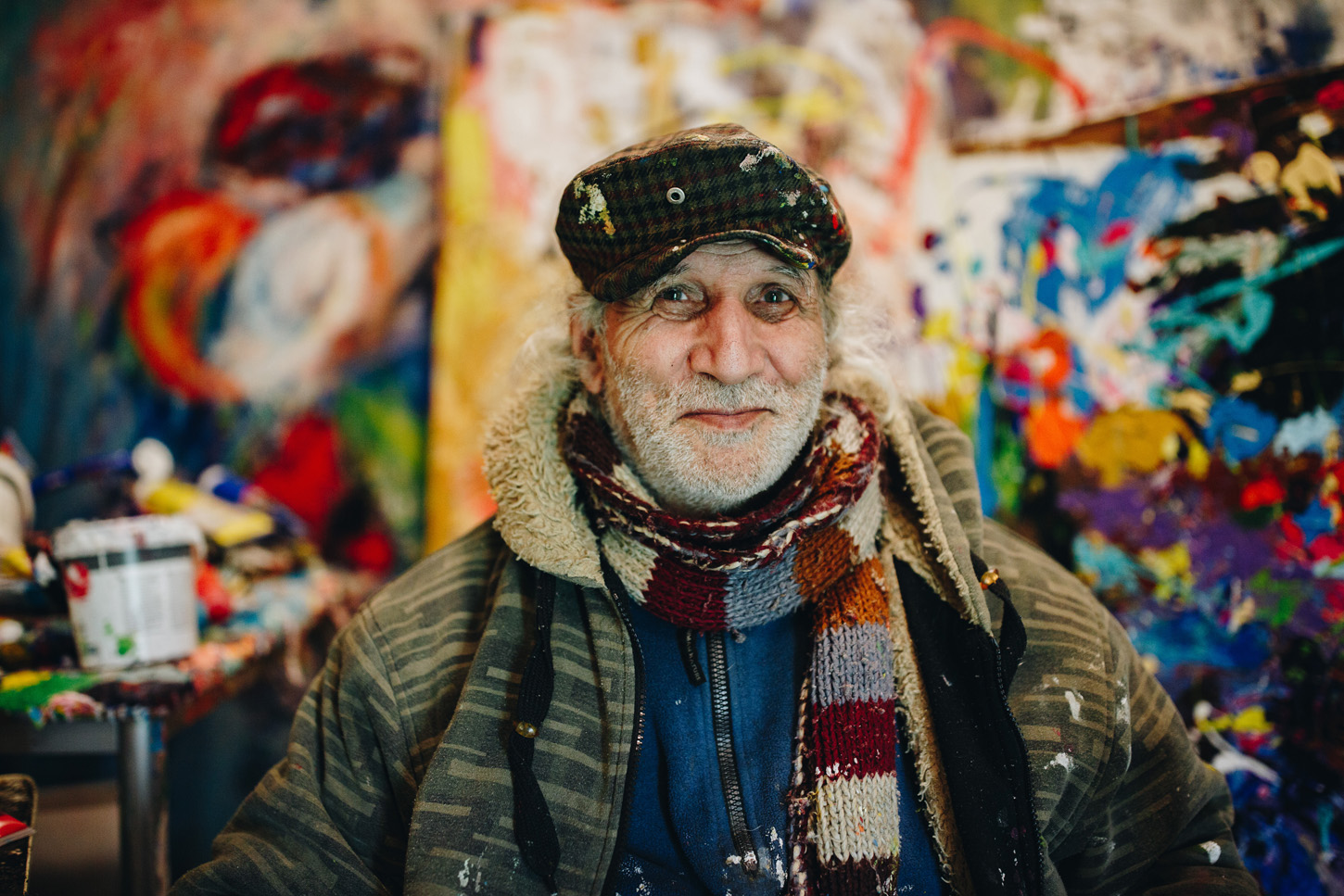Rethinking the continuum
History is not the past.
It is the present.
We carry our histories with us.
We are our history.
If we pretend otherwise, we literally are criminals.1
Inspired by the enriching conversations generated during our Open the Archives! conference, The Zuid-Afrikahuis (ZAH) is glad to announce the launch of the ‘Reflection(s): reflecting critically on the ZAH past, present and future’ event series.
In 100 years at the Keizersgracht 141, the Zuid-Afrikahuis has lived through contested yet determinant historical moments. At this point in time, we believe it is central that the Huis continues engaging with its past in order to best address its future. The event series invites speakers and audiences to reflect on the Huis’s (post-)colonial legacies, the transformations it is currently engaging in, and weave together the Huis’s future. In the process, we hope to contribute to the development of a new space of dialogue where it will be possible for productive, constructive, and sometimes uncomfortable exchanges to take place.
The series will relate themes that are central to the Huis’s contemporary work and activities (i.e. archives, literature, language, culture, transnational exchanges) to the organization’s own history. Taking such a perspective, imbued with temporality, will allow us to see where we are coming from, recognize the changes that have gone on within the Huis throughout the years, and imagine those that will emerge/arise/come through in the future.
Some of the questions that guided our Open the Archives! event, and more, will serve as the series’ red thread:
- What concrete steps should be taken to initiate the process of decolonization, inclusion and diversification as a cultural institution? Which forms of remembrance should the Huis embody moving forward?
- How do we guarantee that the collections are opened up and made accessible in a different, new way? Can the Huis be a place of restorative justice? How can the Huis become a space of counter-narrative? When considering the Huis as a cultural heritage site whose and what heritages are we engaging with, highlighting and embracing?
The series will offer a platform for thinkers of decoloniality, artists, researchers and civil society actors in order to share their thoughts on matters crucial to the Huis. In conversation with people from the inner and outer circles of the Huis, they will be able to elaborate on the cultural center’s former and current projects (recent projects such as the footnote series, the decolonising history seminar, or the ongoing process of acquiring book collections hosted in our library).
Looking ahead, each episode’s conversations will end with the proposition of a concrete step that the Huis should take (in relation to the theme discussed) to continue shaping its transformation into a sustainable, inclusive and diverse future. Inspired by our speaker’s recommendations, a plan of action will be shared on our platforms.
We are very much looking forward to meeting you all – South African people, Dutch and Belgian people, and people from all over the world – and participating in these events.
1 Baldwin, J. (1980). Black English: A Dishonest Argument in Peck, R. & Baldwin, J. (2017). I Am Not Your Negro. New-York: Vintage International.
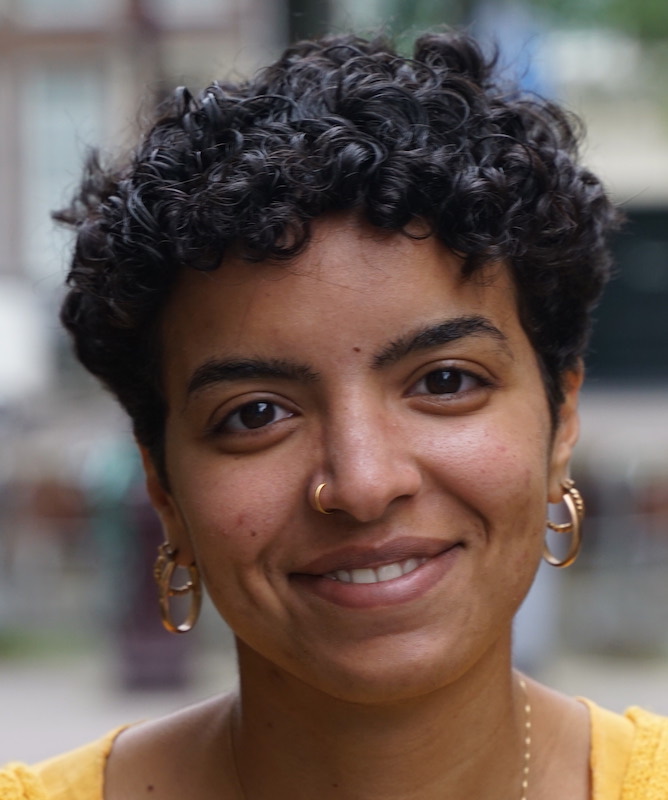
Nassima obtained her Political Science Bachelor’s from the European School of Political and Social Sciences in Lille, France, and International Relations Master’s from the University of Amsterdam. Her Masters’ research focused on how internalized aspects of oppression could be unrooted through constructive and emancipatory resistance practices. Her broad research interests include the themes of oppression, resistance, praxis, empowerment, permeation of ideology, embodiment/corporeality and post and de-coloniality. She has strong personal interests on issues relating to migration and social injustices. She hopes to further explore these questions in a future PhD.
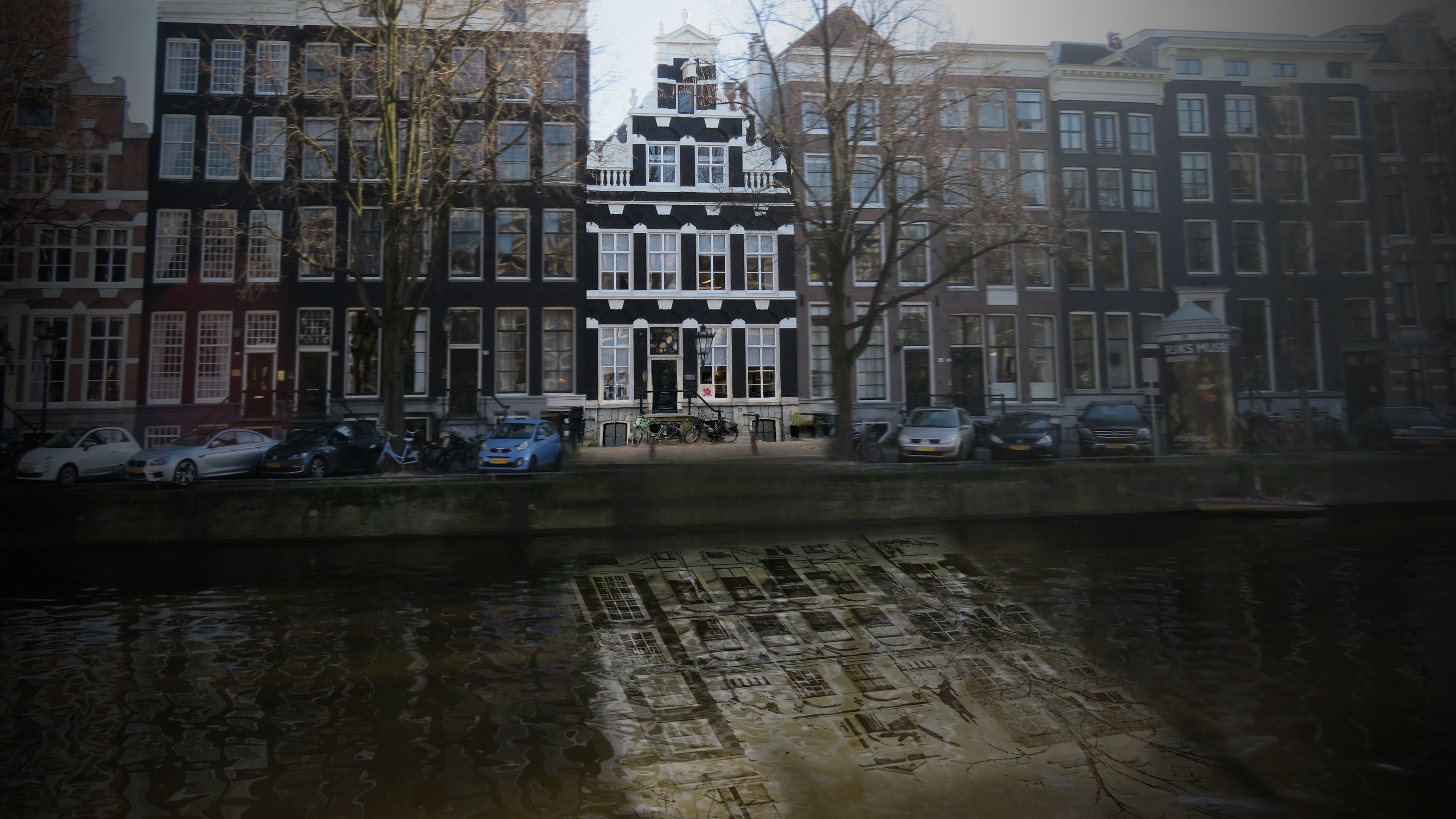 19 september 2023
19 september 2023